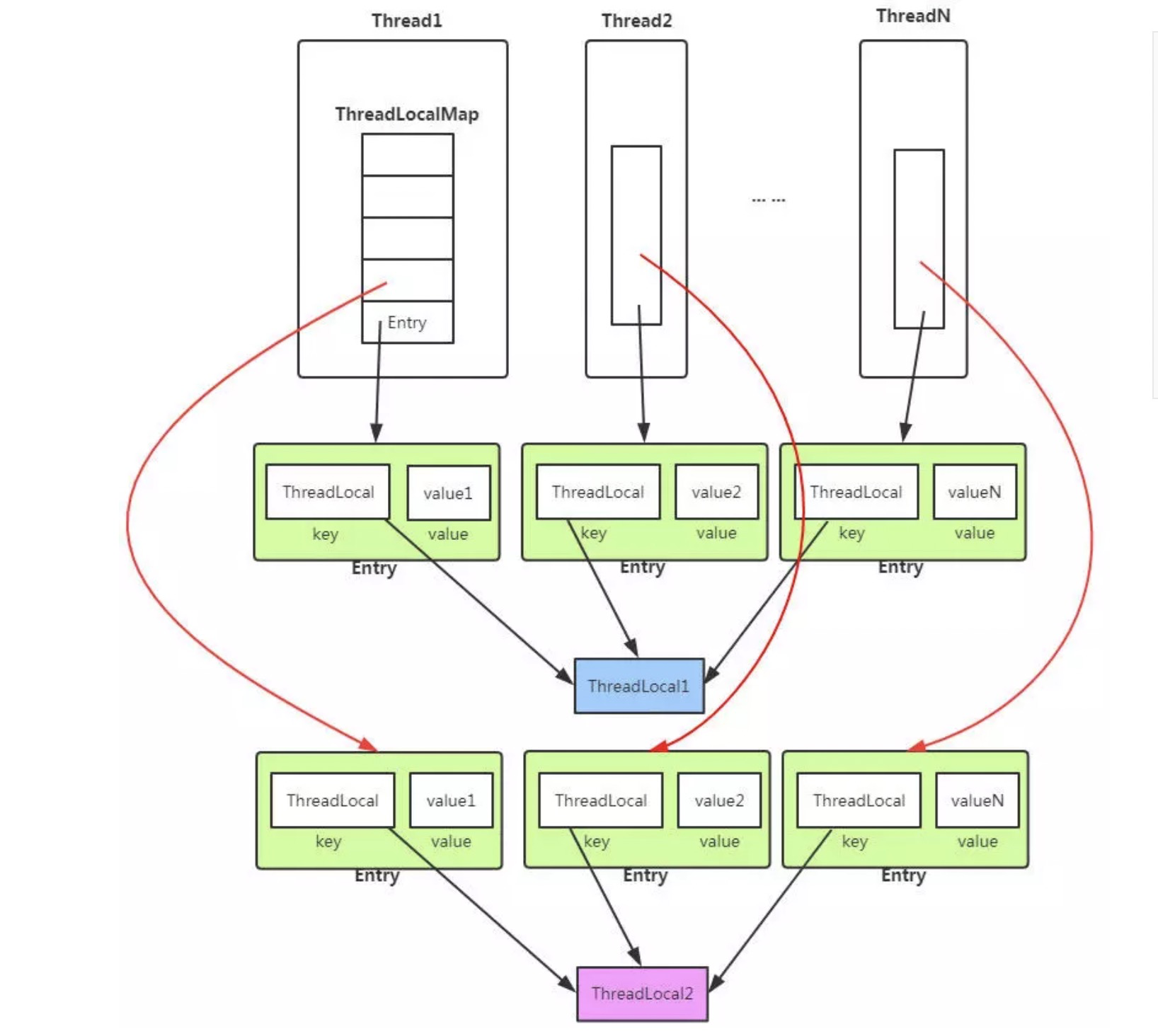1.Algorithm
https://leetcode-cn.com/problems/palindrome-number/
2.review
3.Tips
choose标签是按顺序判断其内部when标签中的test条件出否成立,如果有一个成立,则 choose 结束。当 choose 中所有 when 的条件都不满则时,则执行 otherwise 中的sql。类似于Java 的 switch 语句,choose 为 switch,when 为 case,otherwise 则为 default。
例如下面例子,同样把所有可以限制的条件都写上,方面使用。choose会从上到下选择一个when标签的test为true的sql执行。安全考虑,我们使用where将choose包起来,放置关键字多于错误
<!-- choose(判断参数) - 按顺序将实体类 User 第一个不为空的属性作为:where条件 -->
<select id="getUserList_choose" resultMap="resultMap_user" parameterType="com.yiibai.pojo.User">
SELECT *
FROM User u
<where>
<choose>
<when test="username !=null ">
u.username LIKE CONCAT(CONCAT('%', #{username, jdbcType=VARCHAR}),'%')
</when >
<when test="sex != null and sex != '' ">
AND u.sex = #{sex, jdbcType=INTEGER}
</when >
<when test="birthday != null ">
AND u.birthday = #{birthday, jdbcType=DATE}
</when >
<otherwise>
</otherwise>
</choose>
</where>
</select>
4.share
https://www.cnblogs.com/CodeBear/p/10854927.html threadLoca 源码分析,内存泄漏以及传递性

1.每一个treadLocal能保存一个副本变量,要想保存多个副本,就要创建多个threadlocal副本,线程中有threadlocalmap来维护多个这个线程的多个副本变量,map中有事entry中维护,如果遇到可以冲突,采用hashcode +1,-1
寻找下一个相邻位置。
2.由于ThreadLocalMap的key是弱引用,而Value是强引用。这就导致了一个问题,ThreadLocal在没有外部对象强引用时,发生GC时弱引用Key会被回收,而Value不会回收,如果创建ThreadLocal的线程一直持续运行,那么这个Entry对象中的value就有可能一直得不到回收,发生内存泄露。
就是在调用ThreadLocal的get()、set()方法时完成后再调用remove方法,将Entry节点和Map的引用关系移除,这样整个Entry对象在GC Roots分析后就变成不可达了,下次GC的时候就可以被回收。
try {
threadLocal.set(new Session(1, "Misout的博客"));
// 其它业务逻辑
} finally {
threadLocal.remove();
}
3.父子线程的传递
public class InheritableThreadLocal<T> extends ThreadLocal<T> {
protected T childValue(T parentValue) {
return parentValue;
}
ThreadLocalMap getMap(Thread t) {
return t.inheritableThreadLocals;
}
void createMap(Thread t, T firstValue) {
t.inheritableThreadLocals = new ThreadLocalMap(this, firstValue);
}
}